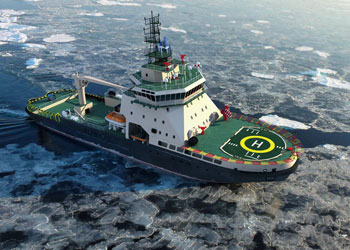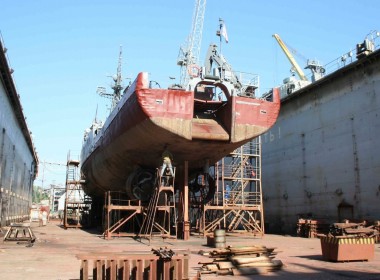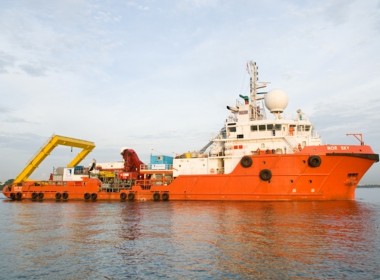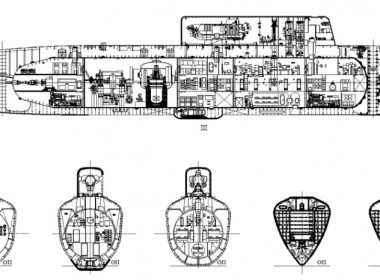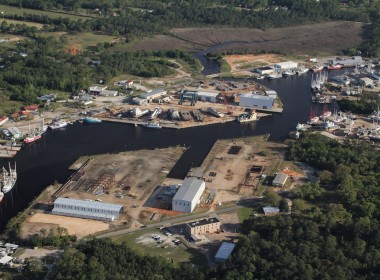Russia considers breaking WTO rules for the sake of domestic shipbuilding
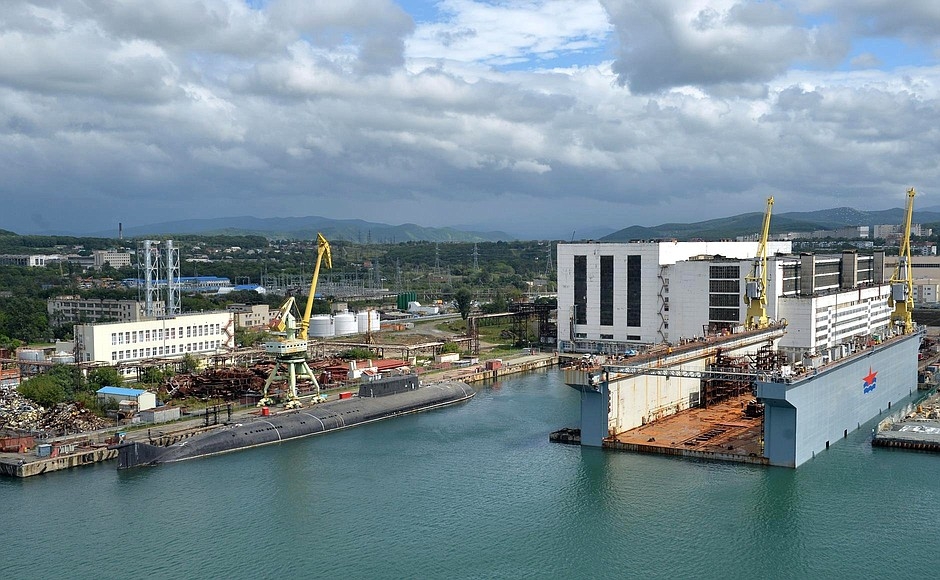
Russia’s Industry Ministry wants to revise the state aid policy for shipbuilding, cancelling the rule that allows shipping companies to apply for subsidies when building a vessel at a foreign shipyard.
Boris Kabakov, the head of the shipbuilding department of the ministry, made the announcement during a press conference in early October.
In 2017 the federal government allocated RUB2.3 billion (US$39.5 million) to subside new shipbuilding projects, according to an information posted on the website of the ministry.
Giving the projected rise in the number of orders for large-capacity vessels in Russia, this figure will rise to up to RUB12 billion (US$205 million) per year by 2030, the ministry has estimated.
In total, there were 98 vessels under construction by Russian shipping companies with state assistance as of early October 2017, Kabakov said.
To apply for state aid, the project must match several criteria, primarily in terms of the Russian residency of the ship-owner, the bank and the leasing company involved in the deal.
In 2012 the requirement of compulsory Russian residency for the shipyard was cancelled, in accordance to the obligations the country took on within its WTO membership. However, the ministry wants to reverse this, according to Kabakov, because there has already been a case where a Russian company has applied for state aid after choosing to build a ship at a foreign shipyard.
He didn’t issue any additional comments explaining why this fact was so surprising for the government, only saying that to pass the new amendment the Industry Ministry would have to seek approval from the Transport Ministry and Finance Ministry, as it apparently contradicts the terms of the country’s WTO membership.
Additionally, Kabakov said it would be feasible to consider a maximum allowable amount of money the government can issue in state aid per ship. This step, in his opinion, would cut spending and prevent it blowing out as a result of the projected boom in demand for more expensive new tankers and advanced, ice-class vessels.


